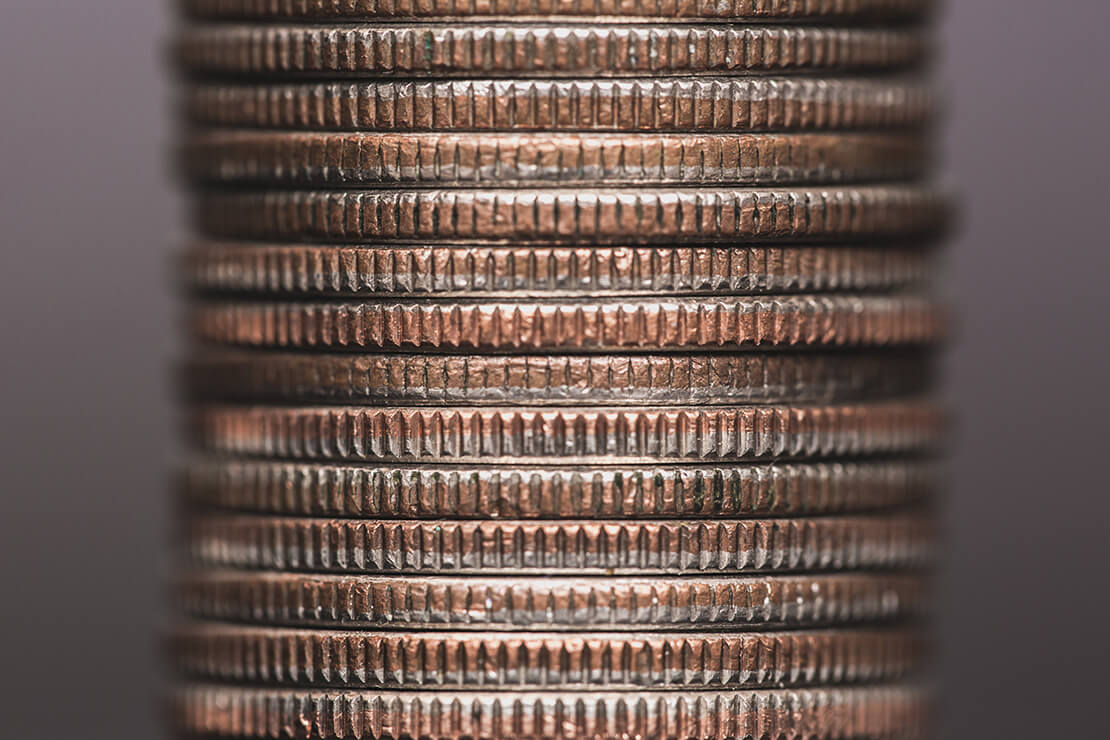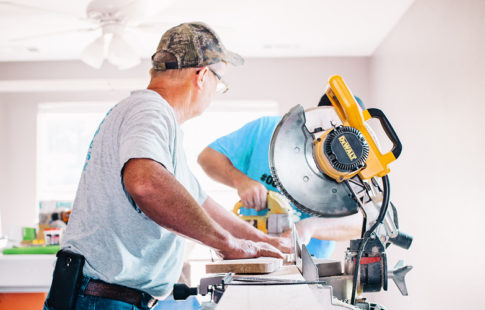Do you own a home with substantial equity? Could you use some extra cash? Perhaps you should look into a cash-out refinance. But how does a cash-out refinance work?
Cash-out refinancing is an option for homeowners to take some of their home’s equity out as cash without having to sell their home. Homeowners can use the money from cash-out refinancing in many ways, like to finance home improvements, consolidate high-interest non-mortgage debt, or pay for college tuition. Here are a few things to consider about cash-out refinancing, and whether it could be right for you (and if you want to crunch the numbers yourself, check out Mr. Cooper’s refinance calculator).
How will you use the money?
While it’s great to have equity in your home that you can access for cash, having a specific plan for how to use the money you cash out is important. Without a plan, it’s easy to spend money on frivolous purchases. A great way to use money from a cash-out refinance is to consolidate high-interest debt, like credit card balances.
Are your finances in order?
Using a cash-out refinance to consolidate debt can be a great financial decision. However, the underlying cause of getting into high-interest debt probably needs your attention. A cash-out refinance might increase your monthly mortgage payment, and for this reason, you need to have a firm understanding of how it could impact your monthly spending and budgeting.
Do you understand the terms of your existing loan?
Just like your original home mortgage, a cash-out refinance is a long term commitment. It’s important to ensure that you understand all of the terms and conditions of the loan before you sign. Work with a lender to understand everything from interest rates and monthly payments to fees and closing costs, and make sure you ask plenty of questions.
Do you really need to take out cash?
It can be tempting to take out as much cash as possible in a cash-out refinance but remember that it’s still a loan and you have to repay it. Determine the exact dollar amount you need and resist the temptation to borrow more.
Have you weighed your options?
It might be easy to do a cash-out refinance with your current lender. Chances are, they are already sending you information on cash-out refinancing on their terms. This doesn’t mean they are guaranteed to give you the best rates, and it could benefit you to shop around. Find a mortgage lender that’s willing to put your needs first and be communicative every step of the way.
Just like when you first purchased your home it’s important to shop around to get the best deal on your cash-out refinance. In addition to interest rates, be sure to compare fees that various lenders charge.
Are you ready to sign the paperwork?
When you refinance, you are resetting the clock on paying off your home or changing your monthly payment terms. The terms and conditions of a cash-out refinance will be set for the term of the loan, so it is critical that you know the details. Discuss the terms with your lender to gain a solid understanding.
A debt consolidation refinance increases your mortgage debt, reduces equity, and extends the term on shorter‐term debt and secures such debts with your home. The relative benefits you receive from debt consolidation will vary depending on your individual circumstances. You should consider that a debt consolidation loan may increase the total number of monthly payments and the total amount paid over the term of the loan. To enjoy the benefits of a debt consolidation loan, you should not carry new credit card or high interest rate debt.







